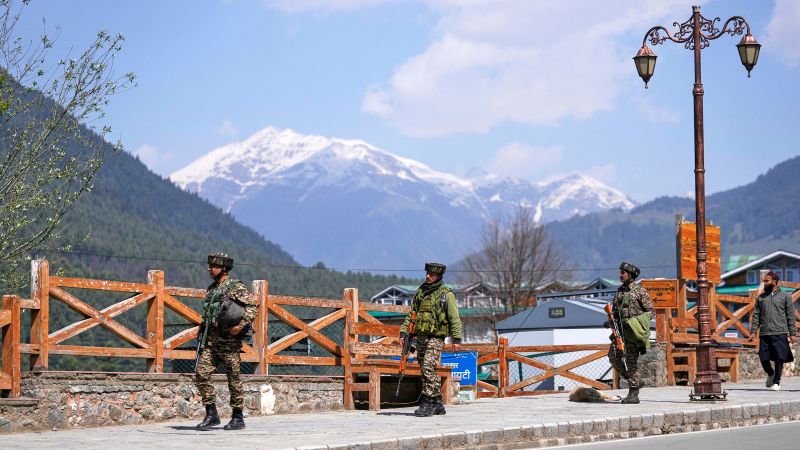New Delhi and Islamabad
CNN
—
Relations between India and Pakistan are cratering following a deadly militant attack in Indian-administered Kashmir that has sparked tit-for-tat reprisals and raised fears of another military escalation between the nuclear-armed rivals.
India and Pakistan both control parts of Kashmir but claim it in full, and have fought three wars over the mountainous territory. In 2019, Indian jets bombed targets inside Pakistan after a cross-border militant attack killed at least 40 Indian paramilitary personnel in its part of Kashmir.
All but one of the 26 tourists massacred in the attack on April 22 were Indian citizens. New Delhi swiftly pointed the finger at Pakistan, downgraded ties and suspended its participation in a crucial water-sharing treaty.
Pakistan has denied involvement and said that any attempt to stop or divert water belonging to Pakistan would be considered an act of war.
As tensions escalate, India’s navy said it launched test missile strikes in a show of strength.
India’s Prime Minister Narendra Modi has vowed to pursue the attackers “to the ends of the earth,” while the United Nations has called on the neighbors to exercise “maximum restraint.”
Here’s what you need to know.
Gunmen opened fire on sightseers in a popular travel destination in the mountainous destination of Pahalgam in Indian-administered Kashmir.
At least 25 Indian citizens and one Nepali national were killed in the massacre, which unfolded in a valley only accessible by foot or on horseback.
Eyewitnesses described scenes of horror as the gunmen approached, opening fire on tourists from close range.
Some recalled how the men among the group were singled out and shot at. Other survivors told local media the gunmen accused some of the victims of supporting Prime Minister Modi.
Modi’s Hindu-nationalist government revoked Muslim-majority Kashmir’s constitutional autonomy in 2019, bringing it under the direct control of New Delhi, sparking widespread protests.
Kashmir has been a flashpoint in India-Pakistan relations since both countries gained their independence from Britain in 1947.
The two nations to emerge from the bloody partition of British India – Hindu-majority India and Muslim-majority Pakistan – both claim Kashmir in full and, months after becoming independent, fought their first of three wars over the territory.
The divided region is now one of the most militarized places in the world.
For decades, several domestic militant groups, demanding either independence for Kashmir or for the area to become part of Pakistan, have fought Indian security forces, in violence that has killed tens of thousands. India says those groups are supported by Pakistan, which Islamabad denies.
Modi’s government has said that militancy has declined since the revocation of Kashmir’s autonomy in 2019. Analysts say the Pahalgam massacre has shattered that message.D
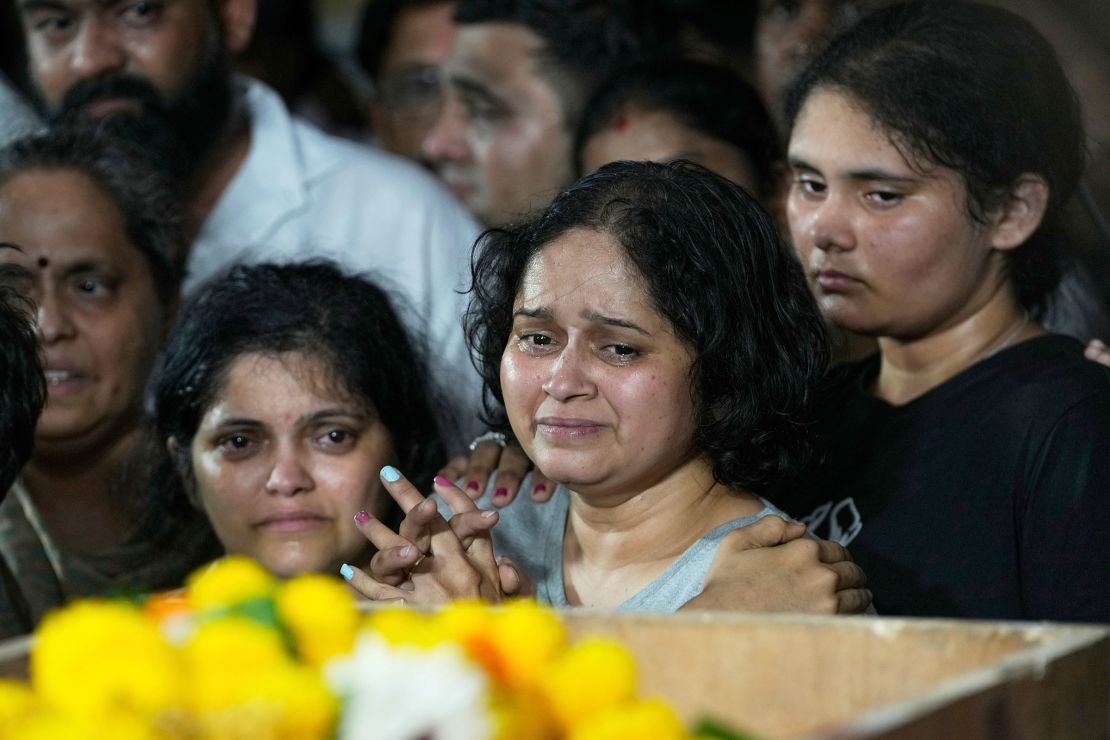
It is not clear who is responsible for the Pahalgam attack.
A relatively new militant outfit called Kashmir Resistance, also known as The Resistance Front (TRF), initially claimed responsibility on social media but it has reportedly since walked back that claim, according to multiple local media reports.
CNN could not independently verify the initial claim, nor the subsequent withdrawal, and has reached out to the Indian army and police in Indian-administered Kashmir for comment.
India has classified TRF as a “terrorist organization” and linked it to the outlawed Islamist group Lashkar-e-Tayyiba (LeT), which was behind the deadly Mumbai attacks in 2008 and has a much higher profile.
Two days after the massacre, police in Indian-administered Kashmir published notices naming three LeT suspects allegedly involved in the attack. Two of the three are Pakistani nationals, according to the notices.
They did not say how the men were identified.
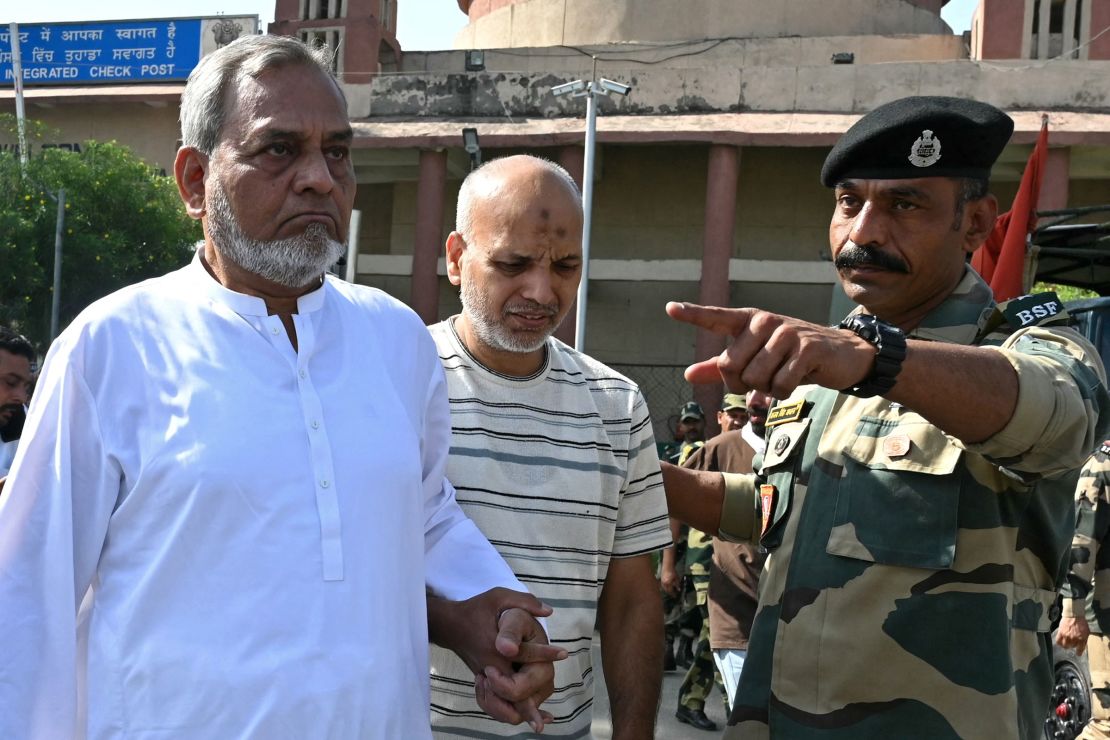
How have India and Pakistan responded?
India has justified its retaliatory moves as a response to Pakistan’s alleged “support for cross-border terrorism.”
New Delhi has closed a key border crossing and further restricted already limited visas for Pakistani citizens. It also expelled military, naval and air advisers from the Pakistani High Commission in New Delhi.
Additionally, it suspended its role in the Indus Water Treaty, an important water-sharing pact between India and Pakistan that has been in force since 1960 and is regarded as a rare diplomatic success story between the two fractious neighbors.
The enormous Indus River system, which supports hundreds of millions of livelihoods across Pakistan and northern India, originates in Tibet, flowing through China and Indian-controlled Kashmir before reaching Pakistan. The vast volume of water is a vital resource for both countries, and the treaty governs how it is shared.
A Pakistan government statement said any attempt to stop or divert water belonging to Pakistan would be considered an act of war.
Following India’s move, Pakistan said it was suspending trade with India, closing its airspace and expelling Indian diplomats, calling New Delhi’s measures “unilateral, unjust, politically motivated, extremely irresponsible and devoid of legal merit.”
Pakistan’s Prime Minister Shehbaz Sharif on April 26 accused New Delhi of leveling “baseless allegations” against Islamabad and said it was “open to participating in any neutral, transparent and credible investigation.”
The next day, India’s navy said it conducted “anti-ship firings” to “revalidate and demonstrate readiness of platforms, systems and crew for long range precision offensive strike,” in a statement on X.
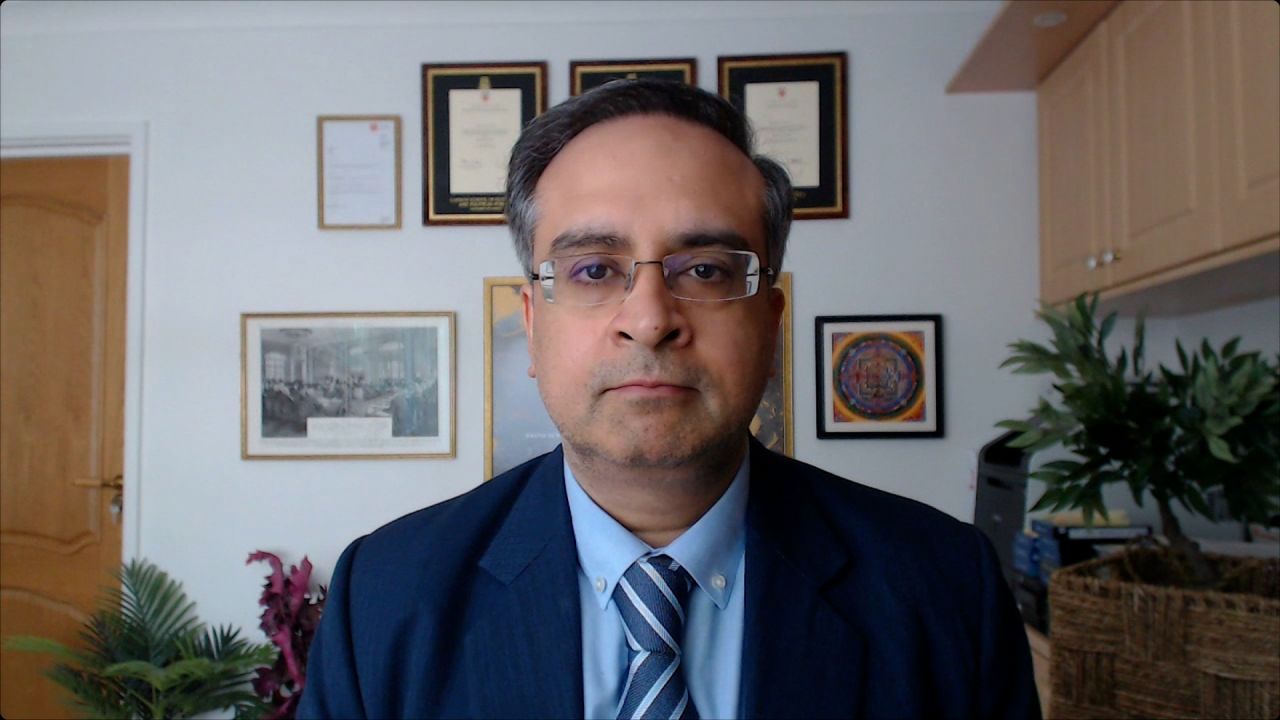
Sajjan Gohel with the Asia Pacific Foundation explains the impact of India’s retaliatory measures on Pakistan’s economy
Tensions are heightened in Kashmir as Indian security forces continue to search for the suspects in the attack. Indian forces were “engaged in a gunfight with militants” in Bandipora district north of Srinagar during the search, the Indian army corps in Kashmir said on X.
Meanwhile, India’s army chief Gen. Upendra Dwivedi visited Kashmir on April 25 to “to assess the security situation in the region.”
Arshad Najam, 48, a school teacher who lives in Pakistan-administered Kashmir close to the line that divides the territory, said he was on edge.
“We have cleaned our bunker,” he told CNN. “There is fear among people… anything can occur at any moment.”
Thousands have flocked to the streets in recent days to condemn the deadly attacks as business owners express concerns over the impact it has already had on the popular tourist destination during peak season.
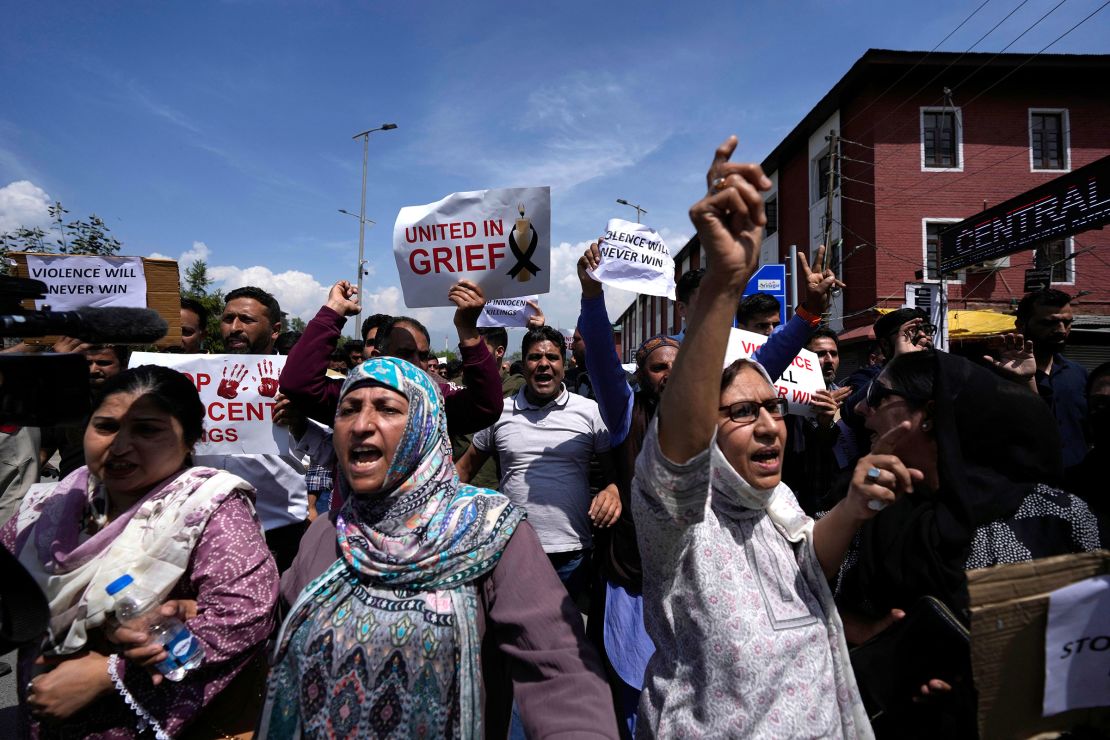
“We all could not just sit by and watch. We came out to show emotion, solidarity, and condemn the killings,” said local resident Umar Nazir Tibetbaqan.
Meanwhile, anti-Pakistan protests have erupted in India’s capital Delhi and several other cities, raising fears of fueling anti-Kashmiri and anti-Muslim sentiment.
All eyes are now on how New Delhi and Islamabad will respond, with analysts fearing the potential for military escalation.
“Modi will have a very strong, if not irresistible, political compulsion to retaliate with force,” said Arzan Tarapore, a research scholar from Stanford University’s Center for International Security and Cooperation.
“We don’t know what that would look like, and it’s somewhat meaningless to speculate at this point, but I think the 2019 Balakot crisis provides some cues on what to watch for in India’s response,” Tarapore said, referring to New Delhi’s response to a militant attack on Indian troops which killed at least 40 paramilitary personnel in Indian-administered Kashmir.
New Delhi retaliated by launching airstrikes on Pakistan, the first such incursion into its territory since a 1971 war between the two.
“The key question will be will they seek to impose more meaningful, tangible costs on terrorist groups, including by targeting their leadership or headquarters facilities? Or will India go even further, crossing the threshold to attack the Pakistan army?” Tarapore said.

